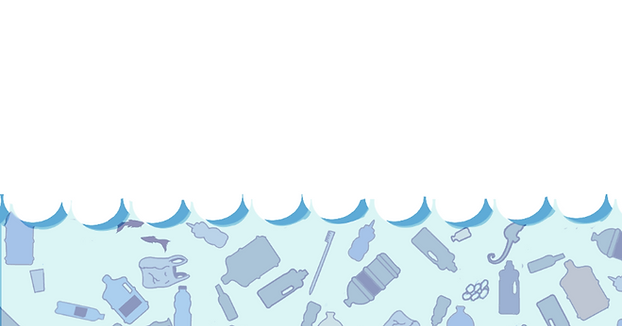Global Ocean is funding 2 full-time conservationists to work under the
management of Fernando Trujillo to help conserve river dolphins in the
Latin American region.
River dolphins are amongst the world's most endangered cetaceans.
Virtually wiped out in Asia, South America's rivers present the best chance
for freshwater dolphin survival. However, here as in other parts of the
world, dolphins are persecuted, accidentally caught in nets and affected by
water pollution. Recent studies show the Pink River Dolphins endemic to
the Amazon and Orinoco river basins face a new threat -they are being
deliberately killed for use as fishing bait for Colombia's catfish market.
The situation is a dramatic example of the unsustainable fishing practices
that threaten two of the largest river systems in the world.
Pink River Dolphins share their habitat with a high-density human population reliant on the river for water, food and transport. Throughout the Amazon and Orinoco basins there is increasing dam construction, pollution and over-fishing which threatens rivers at a time when demand for fish is increasing.
People are resorting to non-traditional fishing practices including driftnets and explosives. These methods kill and maim dolphins and other wildlife indiscriminately and threaten the food security of local communities.Pink River Dolphins share their habitat with a high-density human population reliant on the river for water, food and transport. Throughout the Amazon and Orinoco basins there is increasing dam construction, pollution and over-fishing which threatens rivers at a time when demand for fish is increasing. People are resorting to non-traditional fishing practices including driftnets and explosives. These methods kill and maim dolphins and other wildlife indiscriminately and threaten the food security of local communities.
Traditionally dolphins were spared persecution because of strong cultural beliefs. Riverside communities tell tales of women impregnated by dolphins and how each dolphin is an incarnation of a man. Today, however, these beliefs are being eroded and management policies that reduce pressure in the most disturbed river areas are urgently needed for the benefit of both people and dolphins.
The Project Work:
Winner of the 2007 Whitley Gold Award, Fernando Trujillo has studied the river dolphins of South America for over 20 years. By working closely with local people and involving them in scientific research, Fernando is showing how the main threat to fisheries is not dolphins, but the activities of people themselves. By understanding that the presence of a dolphin indicates a healthy river, many fishermen are realising their future is closely linked to
that of the dolphins, and that fisheries can only recover with improved river management. Supported by a strong educational campaign raising awareness of why dolphins are important, the team is helping diversify local livelihoods and exploring economic alternatives for fishermen.
The Future:
There are many challenges aside from overfishing. The dramatic deforestation being seen in the Amazon basin is well known, but few people are aware of the knock-on problems it causes the region's rivers. Erosion caused by forest loss, pollution from oil spills and the migration of people into the region are just some of the serious problems which threaten the Amazon's arterial waterways. Using the river dolphins as a flagship species, Fernando is leading a collaborative international effort involving the governments of Venezuela, Colombia, Equador, Peru and Bolivia in an ambitious attempt to produce a coordinated approach to the region. A vital first step is already underway with support from IUCN to develop regional Action Plans to protect aquatic ecosystems in South America, combining research, education and economic alternatives for local people.
Objectives:
-
Biological and social research – In unison with researchers in five countries to understand river dolphin and fishery interactions and identify priority areas for river conservation.
-
Education and outreach – To raise awareness of the importance of dolphins as indicators of healthy river ecosystems and potential ecotourism attractions, and stop the killing of dolphins for bait.
-
Alternatives for communities – Work with local people to develop dolphin watching by training guides in Leticia and Puerto Narino (Colombia) and promoting a local market for certified dolphin-friendly catfish for sale to restaurants and hotels.
-
A South American River Dolphin Action Plan – To secure a coordinated approach to river dolphin conservation across Latin America.






